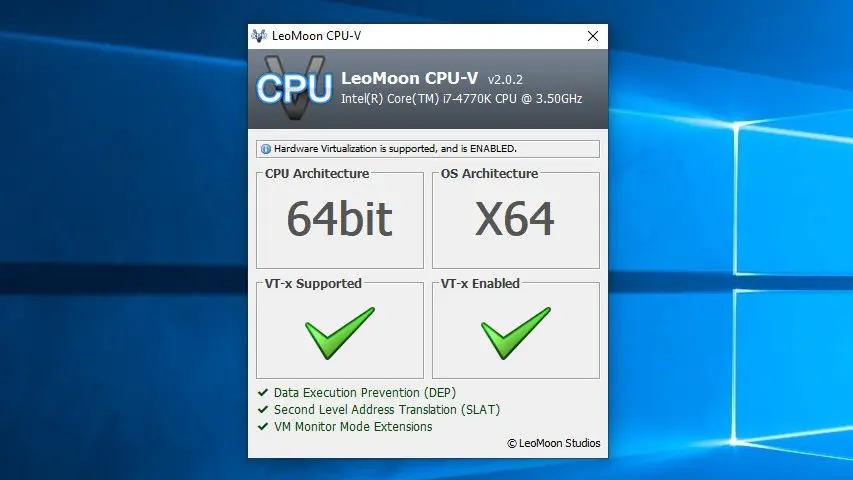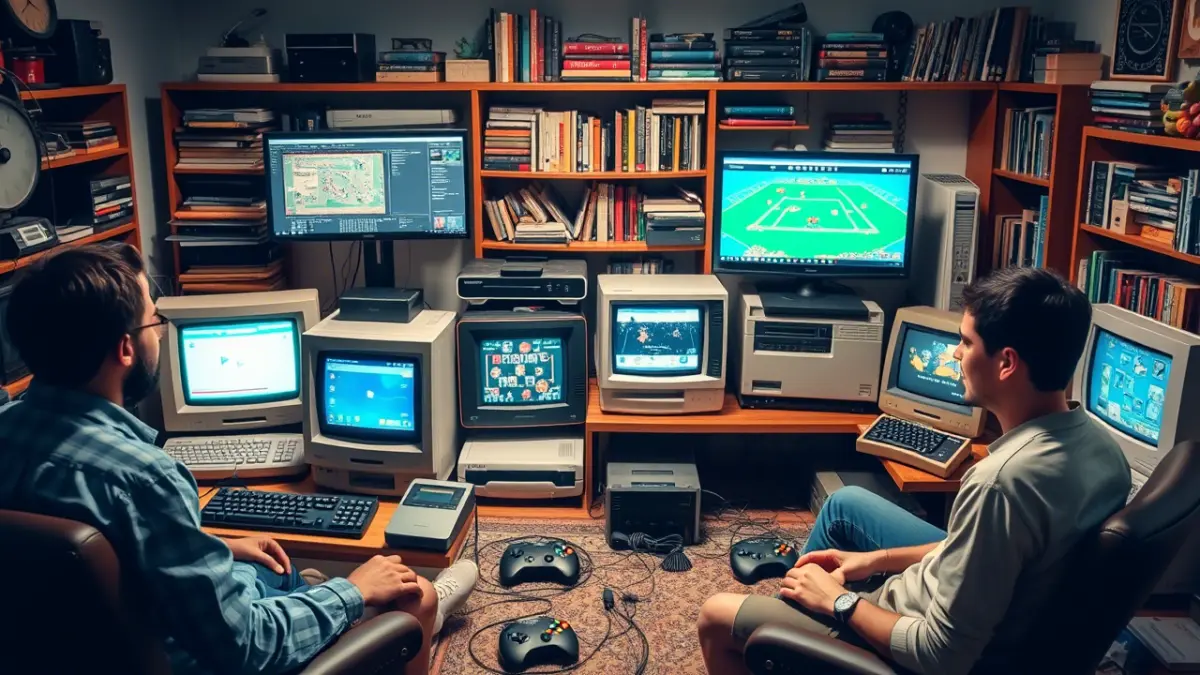Picture this: It's a rainy Saturday afternoon in 1995, and you're hunched over your family's chunky television, desperately trying to beat that one impossible level in Super Mario Bros. 3. Fast forward nearly three decades, and that same game—along with thousands of others from gaming's golden age—sits locked away in digital vaults, accessible only through increasingly expensive retro hardware that's prone to failure.
This is where emulators enter the scene, like digital archaeologists preserving our gaming heritage. But here's the million-dollar question that keeps retro gaming enthusiasts awake at night: Are emulators actually legal?
The answer isn't as straightforward as a simple yes or no—it's more like navigating a complex maze where one wrong turn could land you in legal hot water. And trust me, I've been down this rabbit hole more times than I care to count, wrestling with the same questions that probably brought you here today.
Legal Disclaimer: This article provides general information about emulator legality and should not be considered legal advice. Laws vary by jurisdiction, and legal interpretations can change. Always consult with a qualified attorney for specific legal questions.
What Exactly Are Emulators? Demystifying the Digital Magic
Before we dive into the legal labyrinth, let's establish what we're actually talking about. An emulator is essentially a software translator—it's a program that mimics the hardware of one system (like a Nintendo Entertainment System) on a different system (like your modern computer or smartphone).
Think of it as learning to speak another language fluently. When your computer runs an emulator, it's essentially learning to "speak" Game Boy or PlayStation, translating the old system's instructions into something your modern hardware can understand. It's remarkably clever technology, really—like having a time machine that lets vintage software run on contemporary devices.
The technical wizardry behind emulation involves reverse engineering—essentially taking apart how old gaming systems worked without using any original code from those systems. Developers spend countless hours studying timing, graphics processing, sound generation, and input handling to create these digital doppelgängers.
"Emulation is like creating a perfect replica of a vintage car engine, but instead of copying the original parts, you're engineering entirely new components that produce the exact same performance." - Anonymous emulation developer
But here's where things get interesting from a legal standpoint: the emulator software itself is typically created from scratch, without using any proprietary code from the original console manufacturers. This distinction becomes crucial when we start examining legality.
The Legal Landscape: Navigating Copyright, DMCA, and Fair Use
Now we're getting to the meat of the matter. The legal framework surrounding emulation is built on several key pillars of intellectual property law, each with its own complexities and gray areas.
Copyright Law and Emulation
Under U.S. copyright law, emulators themselves exist in a relatively safe harbor. Since they're typically developed through reverse engineering without incorporating copyrighted code, they generally don't violate copyright protections. It's similar to how you can legally create a car that performs like a Ferrari without actually copying Ferrari's blueprints.
The landmark case that established this precedent was Sony Computer Entertainment v. Connectix Corporation (2000), where the Ninth Circuit Court of Appeals ruled that creating emulation software through reverse engineering was legal, even when it required temporary copying of copyrighted material during the development process.
The DMCA's Double-Edged Sword
The Digital Millennium Copyright Act (DMCA) adds another layer of complexity. While it provides safe harbors for legitimate emulation, it also includes anti-circumvention provisions that can spell trouble for emulators that bypass copy protection mechanisms.
This is where many emulation projects find themselves walking a legal tightrope. If an emulator needs to circumvent encryption or copy protection to function, it might run afoul of DMCA provisions, regardless of whether the emulation itself is legal.
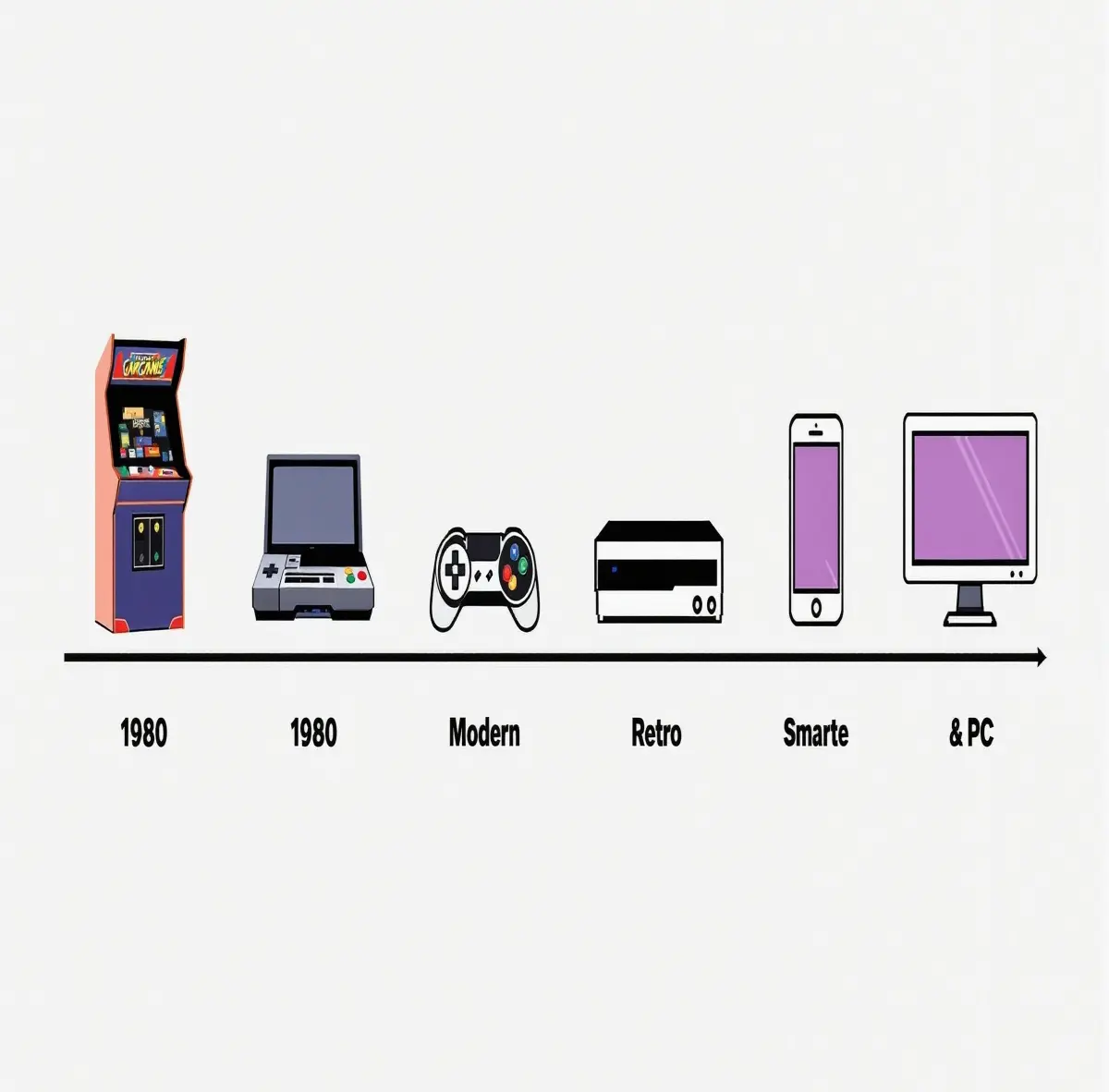
The Great Divide: Emulators vs. ROMs
Here's where many people get tripped up, and honestly, it's the source of most legal confusion in the emulation world. Emulators and ROMs are completely different beasts legally speaking.
While emulators are the players, ROMs (Read-Only Memory files) are the music. ROMs are digital copies of the actual games, and this is where copyright law comes down like a hammer. Unless you own the original cartridge or disc and create the ROM file yourself through a legal backup process, downloading ROMs from the internet is almost certainly copyright infringement.
Think of it this way: owning a DVD player (emulator) is perfectly legal, but downloading pirated movies (ROMs) to play on it definitely isn't.
The "backup copy" exception that many retro gamers cite is real, but it's much more limited than most people realize. You generally need to:
- Own the original physical game
- Create the backup yourself using your own equipment
- Use the backup only while you own the original
- Not distribute the backup to others
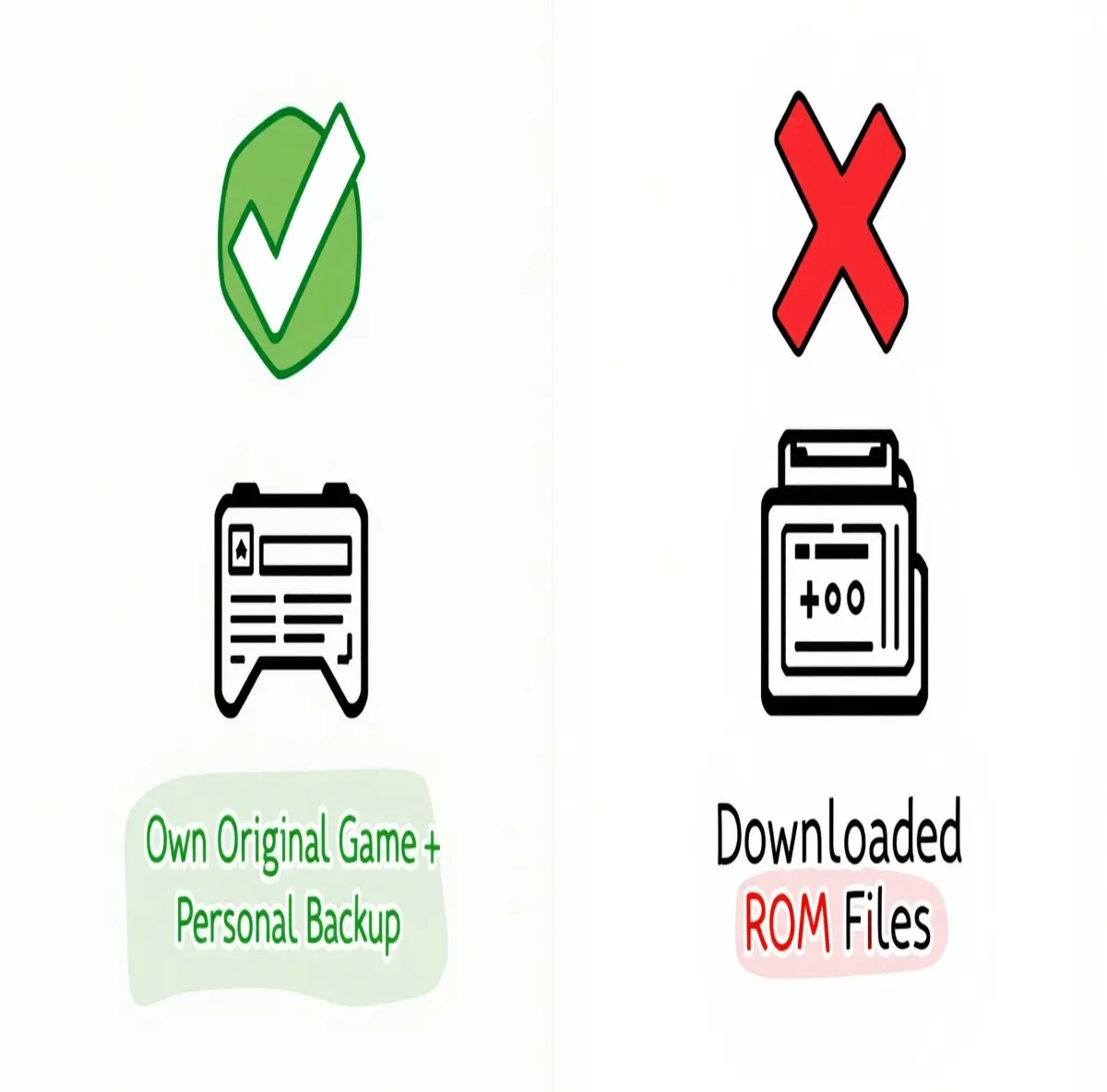
Recent Legal Battles: Nintendo's Crusade and Industry Responses
The emulation landscape was rocked in early 2024 when Nintendo successfully sued the developers of Yuzu, a popular Nintendo Switch emulator, resulting in a $2.4 million settlement and the project's immediate shutdown. This wasn't just another DMCA takedown—it was a full-scale legal assault that sent shockwaves through the emulation community.
But here's the fascinating twist: in January 2025, Nintendo's own top intellectual property lawyer, Koji Nishiura, publicly acknowledged that emulators are "technically legal." This admission came during a panel discussion on intellectual property rights, where Nishiura explained that while emulators themselves aren't inherently illegal, they can become problematic when they facilitate copyright infringement or circumvent copy protection.
• • •
The Yuzu case was particularly significant because Nintendo argued that the emulator was primarily designed to circumvent their encryption and enable piracy of newly released games. Unlike older console emulators that preserve decades-old games, Yuzu allowed users to play current-generation Switch titles, often before their official release dates.
Following the Yuzu shutdown, Nintendo launched an unprecedented DMCA campaign, targeting over 8,500 GitHub repositories containing Yuzu-related code. This scorched-earth approach demonstrated just how seriously Nintendo takes emulation threats to their current-generation hardware.
The Dolphin Controversy
The Dolphin emulator, which enables GameCube and Wii emulation, faced its own legal scare in 2023 when Nintendo opposed its planned Steam release. The controversy centered around Dolphin's inclusion of cryptographic keys needed to decrypt Wii games—a potential DMCA violation.
However, after legal review, experts concluded that Dolphin wasn't in immediate legal danger, and the project continues to develop outside of Steam. This case highlighted how the inclusion of proprietary cryptographic material can create legal vulnerabilities even for otherwise legitimate emulation projects.
Playing by the Rules: How to Use Emulators Legally
Alright, so you want to relive your gaming glory days without ending up in legal trouble? Here's your roadmap to staying on the right side of the law:
The Golden Rules of Legal Emulation
- Stick to legitimately obtained software: Only use emulators that were developed through clean room reverse engineering without proprietary code.
- Own your games: Only play games you physically own, preferably creating your own backup copies.
- Avoid current-generation systems: Focus on older, discontinued consoles where preservation arguments are strongest.
- Don't share ROMs: Even if you legally own a game, distributing ROM files to others is copyright infringement.
- Research your local laws: Emulation legality can vary by country and jurisdiction.
Legal Alternatives Worth Exploring
The good news is that the gaming industry has started embracing legal retro gaming options:
- Official re-releases: Many classic games are now available through legitimate digital storefronts
- Subscription services: Nintendo Switch Online, PlayStation Plus, and similar services offer legal access to retro libraries
- Mini consoles: Official retro consoles from Nintendo, Sega, and others provide legal alternatives
- Remaster collections: Updated versions of classic games that support modern systems
I'll be honest—sometimes these legal alternatives don't scratch the same itch as having access to your entire childhood game library on a single device. But they're getting better, and supporting these legitimate options helps demonstrate market demand for game preservation.
International Perspectives: A Global Patchwork of Laws
Emulation legality isn't just an American concern—it's a global issue with varying interpretations across different legal systems.
European Union
EU copyright law generally aligns with U.S. precedents regarding emulation, but with some interesting variations. The EU's approach to digital preservation and fair dealing rights sometimes provides stronger protections for archival activities, though commercial emulation still faces similar restrictions.
Japan
Ironically, despite being home to Nintendo, Sony, and other major console manufacturers, Japan has relatively permissive laws regarding personal-use copying and backup creation. However, circumventing copy protection remains illegal, and commercial distribution of copyrighted material is strictly prohibited.
Other Jurisdictions
Countries like Canada, Australia, and the UK have their own interpretations of fair dealing and personal use rights that can affect emulation legality. Some nations have stronger consumer rights regarding format shifting and backup copies, while others have more restrictive approaches to reverse engineering.
Pro tip: If you're serious about emulation, it's worth researching your specific country's copyright laws and any relevant court precedents. What's legal in one jurisdiction might not be in another.
The Future of Emulation: Preservation vs. Piracy
As we look toward the future, emulation finds itself at a fascinating crossroads between digital preservation and copyright enforcement. The arguments for emulation as a preservation tool grow stronger each year as original hardware fails and becomes increasingly rare.
The Preservation Argument
Video game preservation advocates argue that emulation is essential for maintaining our digital cultural heritage. Unlike other media, video games are intrinsically tied to specific hardware, making preservation uniquely challenging. When that hardware dies, the games effectively become inaccessible artifacts.
Organizations like the Video Game History Foundation and the Internet Archive have been working to establish legal frameworks for game preservation, similar to how libraries can preserve books and films. These efforts have gained support from academic institutions and even some industry figures who recognize the cultural importance of gaming history.
Industry Evolution
The gaming industry's relationship with emulation continues to evolve. While companies like Nintendo maintain aggressive anti-emulation stances, others have been more pragmatic. Some developers have even embraced emulation, releasing their own official emulators or licensing emulation technology for commercial products.
The rise of subscription-based retro gaming services suggests that the industry is finding ways to monetize classic games while providing legal alternatives to emulation. However, these services often have limited libraries and can disappear when licensing agreements expire.
Practical Tips for Emulation Enthusiasts
Based on years of following emulation communities and legal developments, here are some practical recommendations for anyone interested in retro gaming:
Do Your Research
Before downloading any emulator, research its development history and legal status. Emulators developed through clean room reverse engineering have stronger legal foundations than those that might include proprietary code or circumvention tools.
Focus on Abandoned Systems
Emulation of discontinued systems generally faces less legal scrutiny than current-generation emulation. A 30-year-old Game Boy emulator is much less likely to attract legal attention than a current-generation Switch emulator.
Support Legal Alternatives
When official re-releases or collections become available, consider supporting them. This helps demonstrate market demand for classic games and might influence companies to release more retro content legally.
Understand the Risks
While individual users rarely face legal action for personal emulation use, the risk isn't zero. Understand what you're getting into, especially if you're involved in emulation development or distribution.
Remember: The safest legal position is always to use official, licensed products when available. Emulation exists in gray areas that can shift with changing laws and legal precedents.
The Bottom Line: Navigating Emulation in 2025
So, are emulators legal? The answer, as you've probably gathered, is nuanced. Emulators themselves are generally legal when developed properly, but their use can venture into illegal territory depending on how you obtain and use game ROMs.
Even Nintendo's own lawyers admit that emulators are "technically legal"—but that same company has spent millions of dollars fighting emulation projects in court. This apparent contradiction illustrates the complex reality of emulation law: technical legality doesn't always translate to practical safety from legal action.
The key takeaways for anyone interested in emulation are:
- Emulators developed through reverse engineering are generally legal
- ROMs downloaded from the internet are almost certainly copyright infringement
- Personal backup copies of owned games occupy a legal gray area
- Current-generation emulation faces much higher legal risks
- Legal alternatives are becoming more common and comprehensive
As someone who grew up during gaming's golden age, I understand the powerful pull of nostalgia and the desire to preserve these digital experiences. The pixelated landscapes of our youth deserve to be remembered and accessible to future generations. But like any journey into the past, the path requires careful navigation.
The emulation landscape will continue evolving as technology advances and legal precedents develop. What remains constant is the passion of gaming communities for preserving and experiencing classic games. Whether through legal emulation, official re-releases, or new preservation initiatives, our gaming heritage will find a way to survive.
Just remember to play it safe, stay informed about legal developments, and when in doubt, consult with qualified legal professionals. After all, the best gaming experience is one that doesn't come with a side of legal anxiety.
Final Note: This article reflects the legal landscape as of September 2025 and is intended for informational purposes only. Emulation law continues to evolve, and individual circumstances can significantly affect legal risk. Always consult current legal resources and professional advice for specific situations.
• • •
What's your experience with emulation? Have legal concerns affected your retro gaming habits? The conversation around game preservation and emulation rights continues to evolve, and every voice in the community matters.
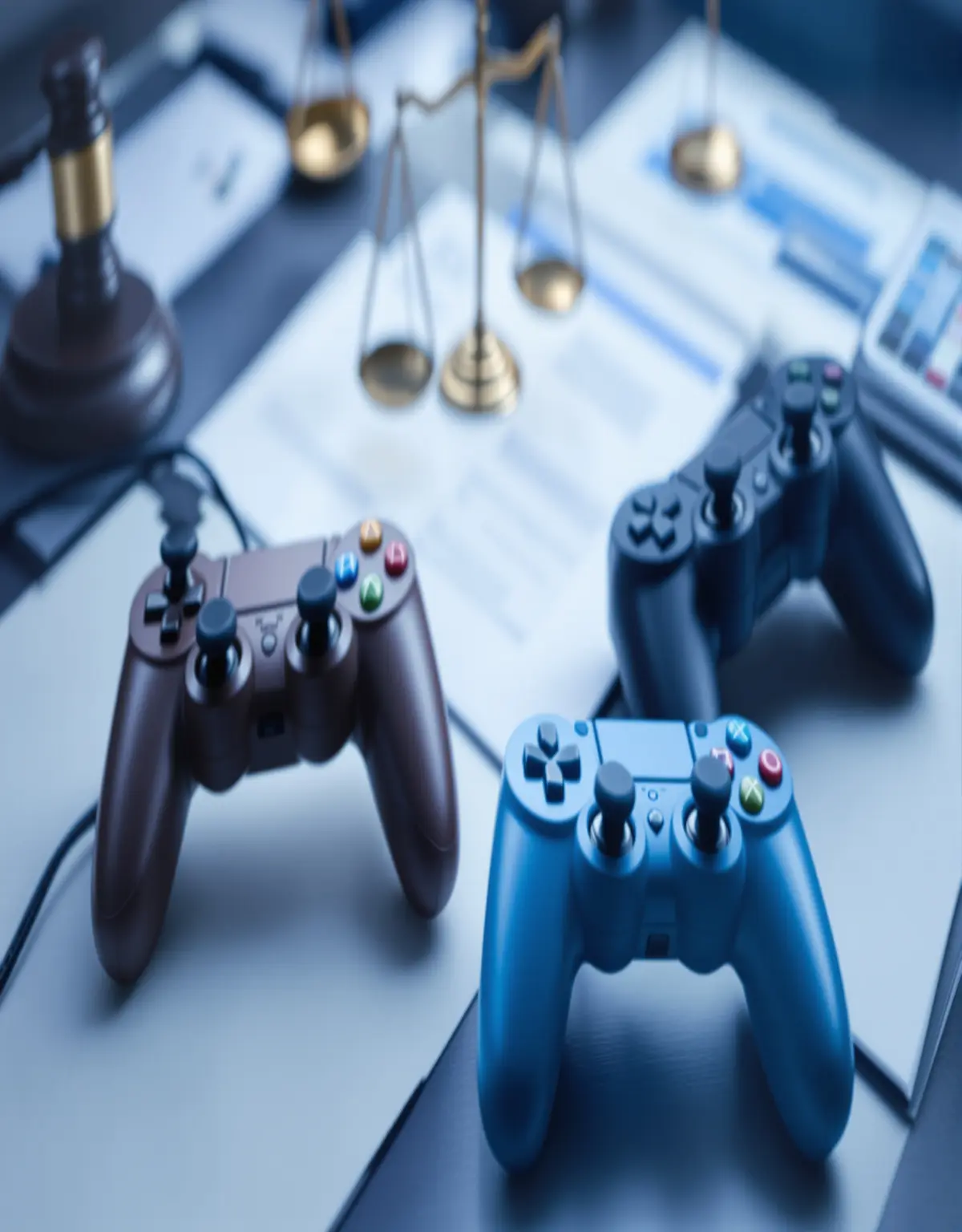
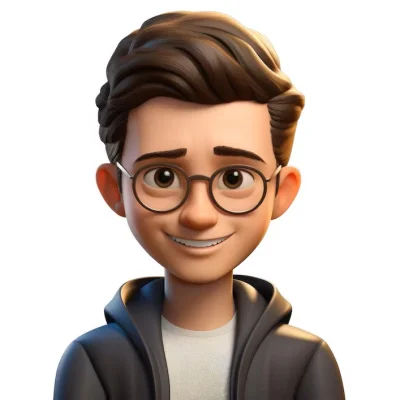
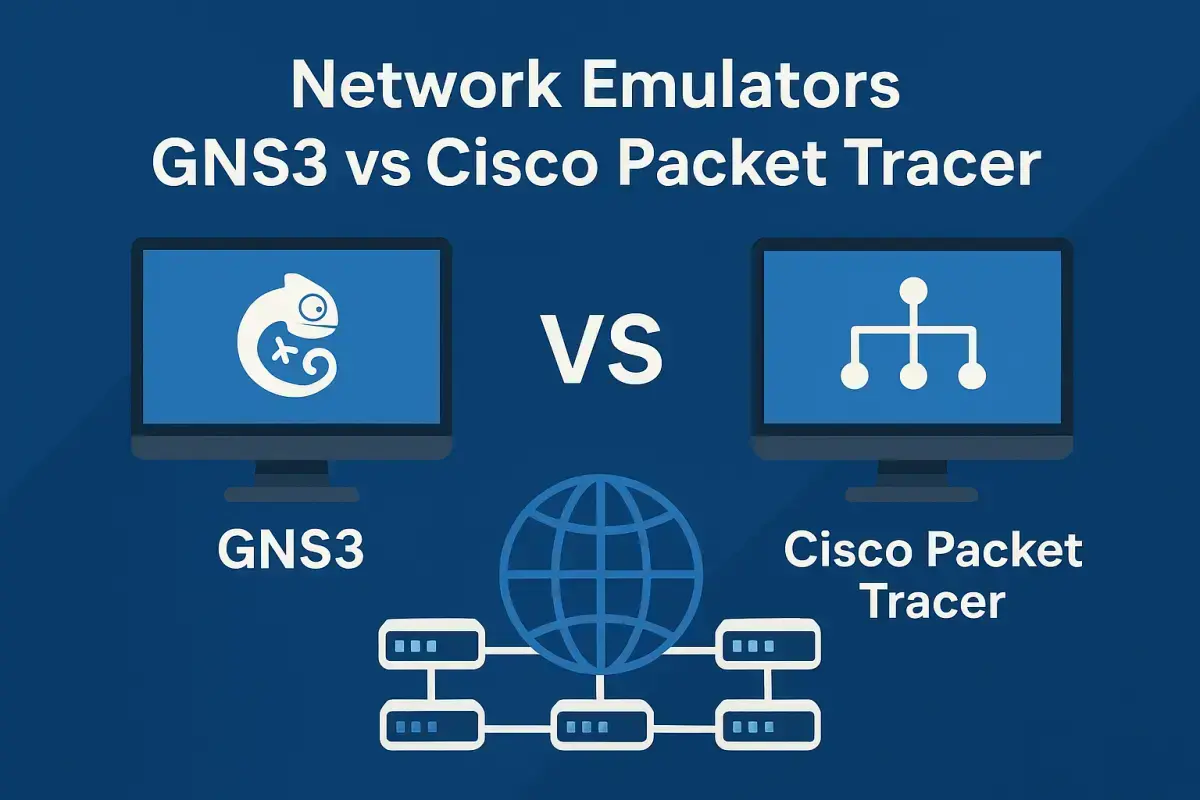
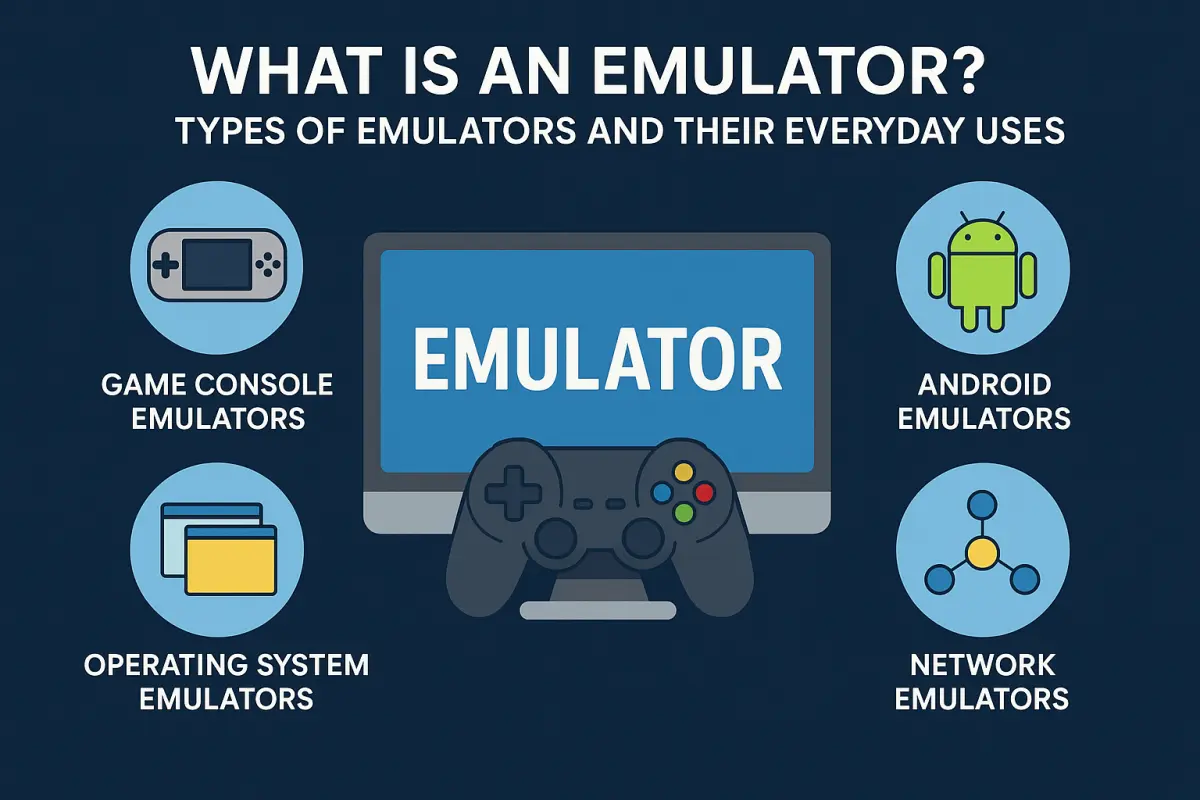

![Best Android Emulator for Low-End PCs [2025]](/storage/blog/images/best-android-emulator-for-low-end-pcs-2025-1_SsFbyyId.webp)
